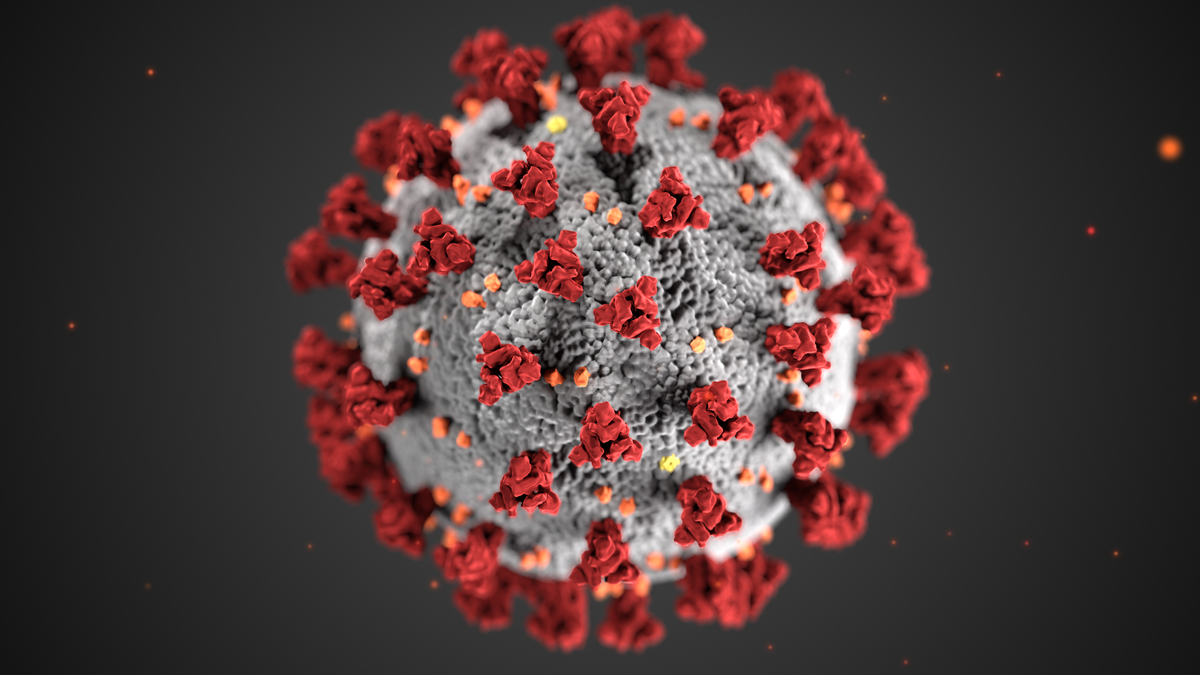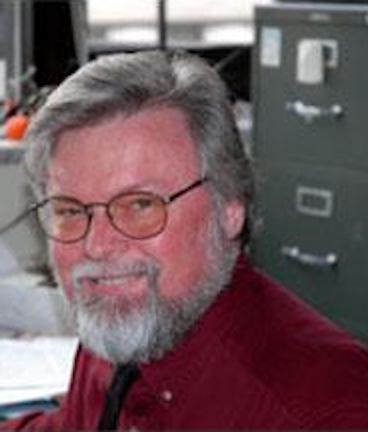UMD Expert Robert Lloyd, associate professor of Psychology, UMD College of Education and Human Service Professions.
Lloyd's faculty expertise includes evolutionary psychology, experimental methods and measurements, mind-body connection, neurophysiology, neurochemistry, and psychopharmacology.
"The coronavirus pandemic has caused many of us to experience persistent, high levels of stress. It is important to understand what this can do to us, and to know what steps we can take to reduce these harmful effects as we watch the scenario unfold."
Robert Lloyd says understanding how the brain functions gives us insight on actions people can take to stay emotionally healthy as well as physically healthy in the face of the coronavirus pandemic.
Prolonged stress works on the brain in a cycle. Stopping the cycle is key to surviving a crisis.
The brain’s amygdala, the part of the brain where we experience emotions, responds to threatening stimuli in the environment. When it becomes activated, it causes the release of the stress hormone cortisol and prepares the body for a fight-or-flight responses. However, when stress becomes chronic, a continuous elevation in cortisol results in depressed immunity and depression. The elevation in cortisol feeds back to, and excites, the amygdala, which, in turn, causes more cortisol to be released.
Periodic exposure to bad news about the coronavirus elevates cortisol in the feedback cycle and contributes to a blunted immune response, immune deficiency, and a depressive state characterized by rumination and withdrawal.
Lloyd cites specific restorative actions, such as reframing and wellness activities along with engaging in safe social engagements, that can break the cortisol production feedback cycle.
Publications
Lloyd's publications include: "Ketamine modulates TRH and TRH-like peptide turnover in brain and peripheral tissues of male rats," in the journal, Peptides, April 2015, authors A. E. Pekary, University of California, Los Angeles, Albert Sattin, University of California, Los Angeles and Robert Lloyd, University of Minnesota Duluth. "The Behavioral Physiology and Antidepressant Mechanisms of Electroconvulsive Shock," in The Journal of ECT, November 2014, authors Robert Lloyd, University of Minnesota Duluth and Albert Sattin, University of California, Los Angeles.
Contact Information
(218) 726-6799

